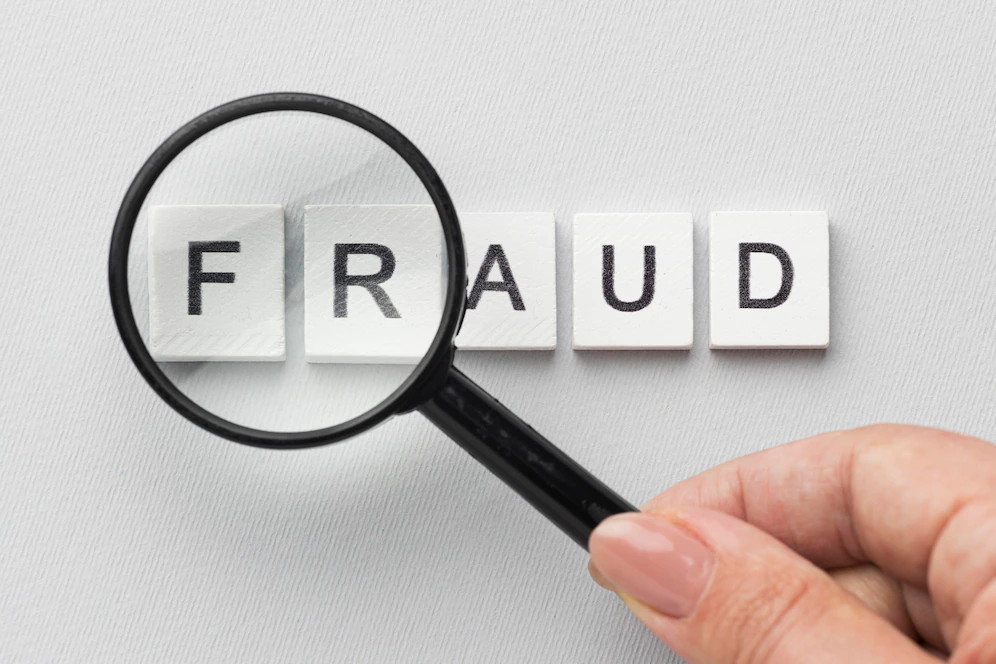Success as a Merchant Service Sales Agent has never been harder, or easier, depending on your approach
All independent sales agents know the dedication and frustration that comes along with growing and retaining merchant accounts. You have to have thick skin, tenacity, flexibility, and stamina. But, while acquiring new merchant accounts or maintaining current accounts are challenges in and of themselves, the recent influx of sales reps, and even other payment service companies, into the market have made things more difficult by increasing competition.
Add on top of that recent advances in new technology. For ISOs and bankcard agents, “new technology” covers a spectrum of products including agent digital marketing and agent-specific software programs, as well as new payment products for the merchant himself, such as avant-garde payment options, like contactless payments.
Interestingly enough, the introduction of this new technology is actually dividing the saturated, competitive sales rep market into two: those who are embracing new technology and those whose are ignoring it. At this pivotal crossroads in the merchant services industry, utilizing new technology to accommodate businesses will make all the difference.
At the dawn of merchant service sales reps, sometime in the 1990s, agents walked merchant to merchant, selling terminals and hand writing merchant accounts. Unfortunately, many sales reps still function this way. According to PaymentsSource, the fact that a sales rep has 10+ years experience writing applications is now irrelevant in the industry; what is relevant in the industry is using available resources to best accommodate merchants. That is the enduring key to being a successful independent sales rep: utilizing the best resources available; and, right now, the most prominent resource available is new technology.
The most important new technology that ISOs and agents must embrace to stay competitive is the new payment technology. With the advent and growing demand for POS and contactless payment systems, for example, any sales rep worth his salt should be offering these options to his merchants. The fastest, most user-friendly (and certainly best looking) POS and Mobile systems available today are hands down provided by Clover. If you are not learning about the best, most cutting-edge payment solutions, like Clover systems, and offering such solutions to your merchants, you will fall by the wayside.
It may seem easy and obvious, but many sales agents do not offer the newest payment technologies to their merchants. This issue is particularly troubling when considering that agents now have additional competition with companies like Square, Groupon, and Amazon.com, each of which offers some mode of merchant-processing service or equipment using the Internet as a primary distribution channel, according to Digital Transactions.
Many agents are finding themselves “cut out completely when a merchant uses a cloud-[based] or tablet-based POS system that has been sold directly to the merchant,” payment processor Greg Cohen told Digital Transactions. Merchants are attracted to these systems, Cohen added, because the systems offer applications beyond payments, such as online marketing and business-management tools. But, he added, that makes it difficult for a sales agent to compete.
These systems also present the added problem of online competition because not only do these systems provide merchants with simple processing and online tools, they also have a daunting web presence as the very service they provide is an Internet-based one. This moves us into the second big issue sales representatives must tackle: digital marketing.
From search engines optimization to social media, digital marketing efforts are becoming the fastest way to get merchants to find you. According to a study released in 2014 by Adil Consulting, part of the immense growth by POS software companies is due to the digital marketing efforts POS software companies invest in, compared to ISOs and/or agents.
“The difference in this focus is the biggest clue as to why POS software companies dominate Internet marketing,” Consulting Principal Adil Moussa stated in the report.
Luckily, while sales reps may find themselves having to learn their trade anew as modified by new technology, the introduction of new technology has also brought about tools that can help bankcard agents. Some of the growing trends in agent-related tools include software that allows for managing an entire portfolio, bundle services to increase merchant conversions, financing software that allows agents to process and track alternative financing, and more. Many POS Systems are even designing their systems with more functions for merchants, so agents will recognize that offering POS systems with more features gives them a competitive edge (which, consequently, comes back full circle to the first issue discussed in this article about the importance of offering the newest payment solutions).
Of all the solutions available for the forward-thinking sales rep, one in particular offers a unique additional feature: the ability to submit a merchant application, receive the MID and TID, and get that merchant accepting card payments all within 2 hours. This sales agent tool is called ISOCentral, and it is an Android-based app introduced by Merchant Service Group LLC in February of 2015. ISOCentral distinguishes itself from other agent tools with several important features: real-time account statuses, account push notifications, direct communication to underwriting and technical support teams, and, of course, speed. This app is offered for free on Google Play..
While using new technology should not eliminate or reduce agent face time with the merchant, that aspect will likely always be vital, the new technology can help agents stay competitive, sign merchants easier and faster, and manage their portfolios better. And, as the payments industry barrels into the future, those agents who ignore new technology will fall by the wayside, and those agents who embrace the new technology will succeed.
For more information, please email us at hello@merchantservicegroupllc.com




